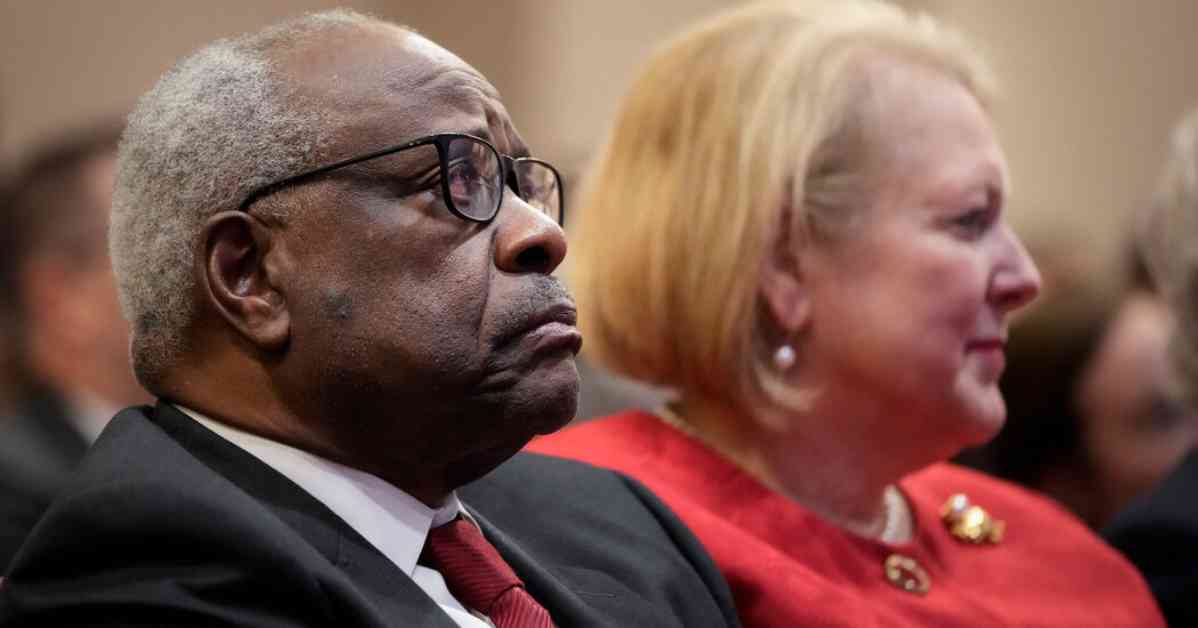Two Democratic senators, Sheldon Whitehouse and Ron Wyden, have urged the Justice Department to investigate Justice Clarence Thomas for potential violations of federal ethics and tax laws. They sent a letter to Attorney General Merrick B. Garland requesting the appointment of a special counsel to look into Justice Thomas’s failure to disclose expensive gifts, luxury travel, a loan for a recreational vehicle, and other benefits received from wealthy associates.
This call for an investigation comes as Senate Democrats are pushing for stricter ethics and financial disclosure regulations for Supreme Court justices. The senators emphasized that no government official should be exempt from following the law, including Supreme Court justices.
In their joint statement, Whitehouse and Wyden highlighted that Supreme Court justices are expected to adhere to laws that prevent conflicts of interest, maintain the appearance of propriety, and comply with the federal tax code. They specifically pointed out the $267,000 in forgiven debt for a luxury R.V. that Justice Thomas allegedly did not disclose as income.
The senators criticized Justice Thomas for failing to provide a satisfactory explanation for his non-disclosure to the Senate Finance Committee and the Judiciary Committee’s panel on federal courts. They accused him of demonstrating a consistent disregard for ethics laws, surpassing the behavior of other government officials who have faced Justice Department investigations for similar infractions.
While the Supreme Court’s spokesperson did not immediately respond to requests for comments, the senators’ letter underscores their serious concerns about Justice Thomas’s actions and the need for a thorough investigation to ensure accountability and transparency within the judiciary.
This latest development adds to the ongoing debate about ethics and transparency in the Supreme Court, highlighting the importance of holding all government officials, regardless of their position, accountable for their actions. The senators’ request for a criminal investigation reflects their commitment to upholding ethical standards and maintaining public trust in the judicial system. It also raises questions about how best to enforce and monitor compliance with ethics laws among the highest-ranking officials in the country.





















